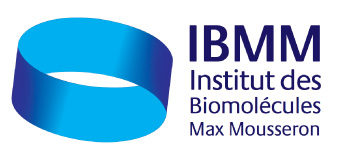Is complexity a valuable criterion in applied science – a brief overview of the chemistry “made in Angers”
Séminaire Chimie ED459
Dr. Clément
[rouge]SÉMINAIRE ANNULÉ (alerte sanitaire covid)[/rouge]
Le Jeudi 19 Novembre 2020 après-midi
UM FdS, Salle de cours SC-12.01
Date de début : 2020-11-19 14:30:00
Date de fin : 2020-11-19 15:30:00
Lieu : UM FdS salle SC-12.01
Intervenant : Dr. Clément
MolTech Anjou, UMR 6200, CNRS, Université d’Angers
Over the past decades, the development of organic photovoltaics (OPV) has attracted considerable research attention leading to significant improvements in photoconversion efficiencies, now reaching more than 18% in single junction solar cells. However, these breakthroughs generally go hand in hand with the increase of synthetic complexity required to prepare such performing organic materials, thus moving further away from their potential large-scale production and industrialization. Hence, with a special emphasis on designing accessible pi-conjugated systems, this seminar aims at providing a retrospective of the past five years to illustrate the evolution of our synthetic approaches and methodologies through the exploration of new and original concepts.
Biosketch:
After graduation in 2008, Clément
Contact local ICGM : Prof. Sébastien
